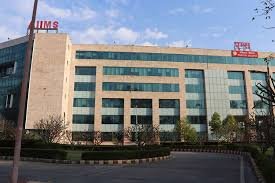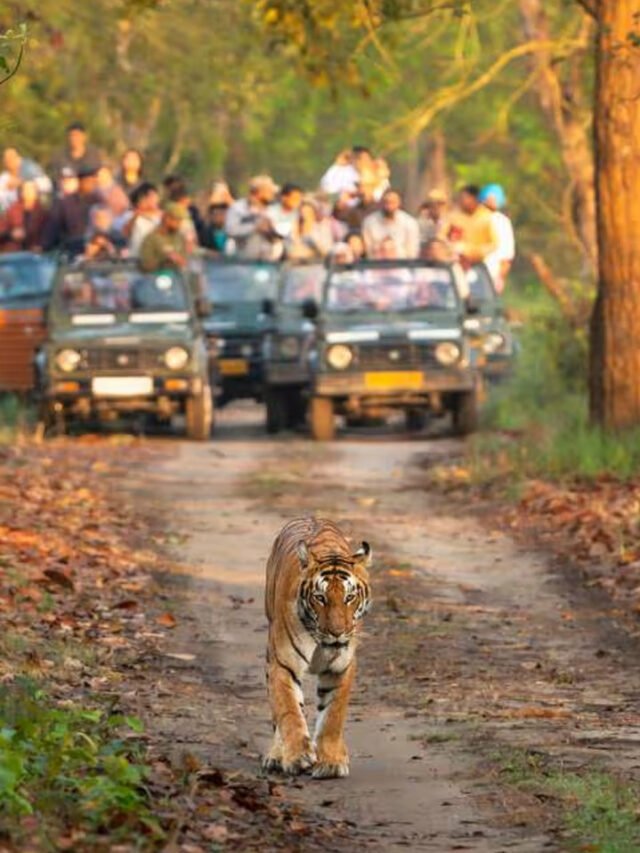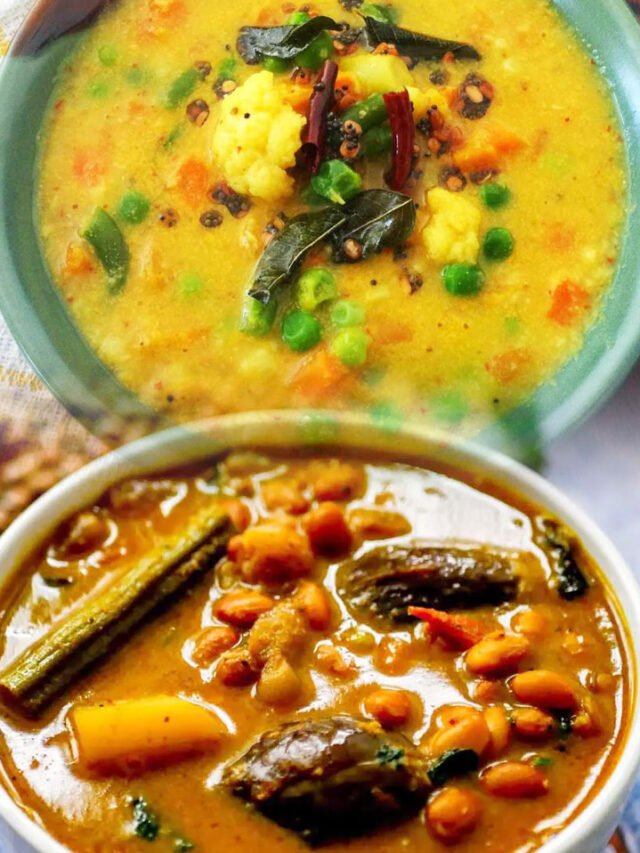HT Digital
GUWAHATI, APR 4: Veteran Bollywood actor and filmmaker Manoj Kumar, best known for his iconic roles in patriotic classics like Purab Aur Paschim and Kranti, passed away at the age of 87 in Mumbai.
The celebrated actor died at 3:30 am on Friday at Kokilaben Dhirubhai Ambani Hospital due to heart-related complications. According to the hospital’s medical certificate, decompensated liver cirrhosis was noted as a secondary cause of death.
Prime Minister Narendra Modi paid tribute to the legendary figure on social media, describing him as a “legendary actor and filmmaker.” Sharing photographs with the late actor, the Prime Minister praised Manoj Kumar’s unparalleled contribution to Indian cinema, particularly his ability to evoke a deep sense of patriotism through his films. “He was an icon of Indian cinema, especially remembered for his patriotic spirit. His films instilled national pride and will continue to inspire generations,” PM Modi said.
The actor’s son, Kunal Goswami, shared that his father had been unwell for a while but remained in good spirits. “It’s the blessing of God that he left this world peacefully,” he told ANI, adding that the cremation would take place the following morning.
Born in 1937 in Abbottabad, British India (now in Pakistan), Manoj Kumar was originally named Harikrishnan Goswami. He made his Bollywood debut in 1957 with the film Fashion, and found early success with Kanch Ki Gudiya (1961), opposite Sayeeda Khan.
Manoj Kumar rose to prominence with the 1965 thriller Gumnaam, one of the highest-grossing films of the year. However, it was his powerful portrayal of Bhagat Singh in Shaheed (1965) that established him as a leading actor known for his patriotic themes. His subsequent films—Upkaar (1967), Purab Aur Paschim (1970), and Kranti (1981)—cemented his legacy and earned him the affectionate title ‘Bharat Kumar’. In 1972, he further showcased his versatility by directing and acting in Shor.
Throughout his illustrious career, Manoj Kumar received numerous accolades. He won the Filmfare Award for Best Director in 1975 for Roti Kapda Aur Makaan. His lifelong contribution to cinema was recognized with the Padma Shri in 1992, the Filmfare Lifetime Achievement Award in 1999, and the prestigious Dadasaheb Phalke Award in 2015.
Beyond the silver screen, Manoj Kumar briefly ventured into politics. Reflecting the same patriotic zeal that defined his films, he joined the Bharatiya Janata Party (BJP) ahead of the 2004 general elections.
Manoj Kumar’s passing marks the end of an era in Indian cinema. His legacy, however, lives on through the powerful stories he told—stories that continue to stir hearts and awaken national pride.












